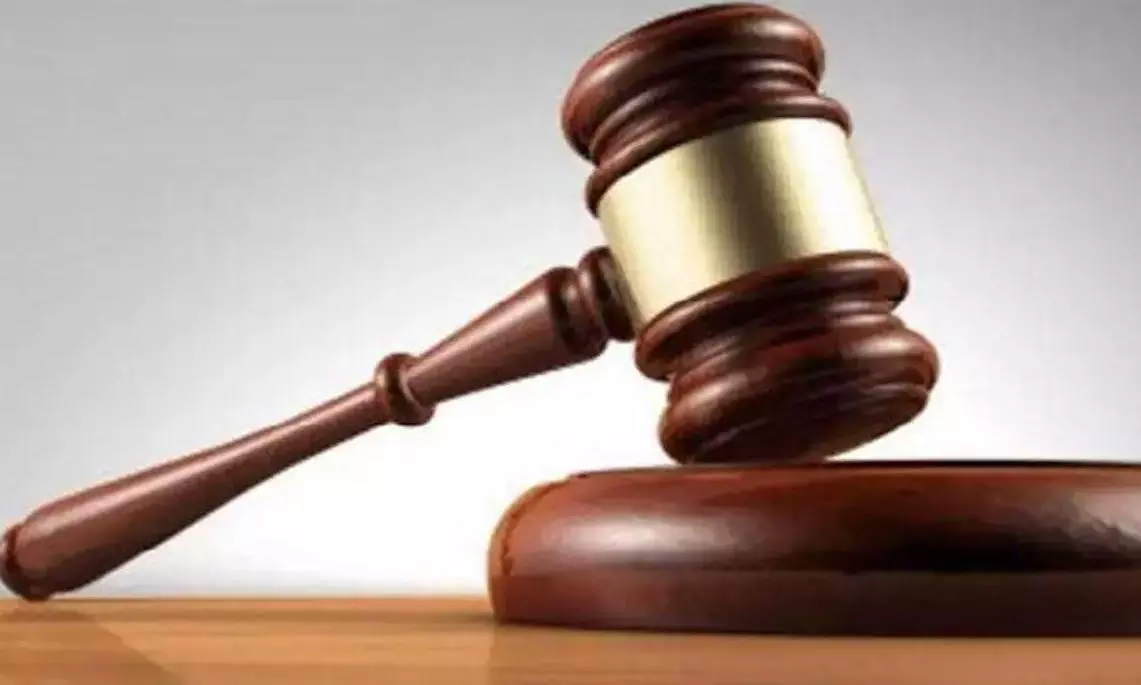
2010 double murder: Delhi court acquits 5 accused for lack of conclusive evidence

New Delhi, Nov 19 (PTI) A court here has acquitted five accused in a 2010 double murder case, saying the testimony of the crucial witness was not reliable and the circumstantial evidence failed to conclusively prove their guilt.
Additional Sessions Judge Sachin Sangwan was hearing a case against Mohammed Ilyas, Mohammed Yamin, Gulfam, Raj Kumar and Surender. Proceedings against one of the accused Mintoo were abated after his death in 2022.
According to the prosecution, Ilyas allegedly planned the killing of his wife, Shabana as he suspected her of having an extramarital affair and to “eliminate” her, he roped in other accused by paying them Rs three lakh. After conducting reconnaissance of Ilyas's house, the accused allegedly killed Shabana in her house on October 12, 2010. They also killed Ilyas's mother as they thought she would recognise them, the prosecution said.
ASJ Sangwan said there were no eyewitnesses to the incident, nor had anyone seen the alleged murderers entering or exiting the house of the victims. “There is no witness who has seen the alleged murderers doing the reconnaissance at the house of victims prior to the incident…No chance prints of any accused were found at the scene of the crime and no other biological evidence suggesting the presence of any of the alleged murderers was found at the crime scene i.e. any hair, blood, sweat, etc.,” he said in a recent judgement.
Underlining the absence of any direct evidence, the judge said the case was based on circumstantial evidence. The court said the main or star witness of the prosecution's case was a van driver, Ankit Sharma, whose van was used by the accused for reconnaissance prior to the incident and to travel on the date of the incident. “However, his testimony fails to get corroboration from the other circumstantial facts and rather, the call details record (CDR) relied upon by the prosecution itself shows his testimony is improbable,” it said.
The court said Sharma's testimony was “the nucleus of prosecution evidence,” and yet it was not found reliable.
It referred to a 1993 judgment of the Supreme Court, according to which, “in a case based on circumstantial evidence the settled law is that the circumstances from which the conclusion of guilt is drawn should be fully proved and such circumstances must be conclusive in nature. Moreover, all the circumstances should be complete and there should be no gap left in the chain of evidence.”
The court said the recoveries from the accused have not been proved beyond reasonable doubt and the alleged weapons recovered at the instance of the accused are not conclusively linked to the murders. "It is not established that the blood of the deceased was there on the clothes of the accused persons. Even the CDR are not sufficiently connected to the accused persons and even otherwise, same have limited probative value,” it said. The court said some of the locations of the calls in the given area were against the prosecution's case.
“Accordingly, the evidence led by the prosecution fails on aforesaid touchstone in regard to the cases of circumstantial evidence,” the court said adding, “ the accused are entitled to benefit of the doubt and hence all of them are acquitted from all the charges framed against them.” PTI

